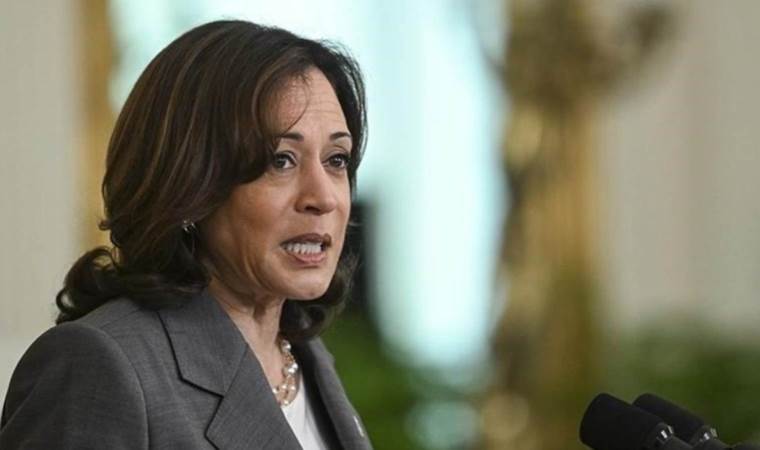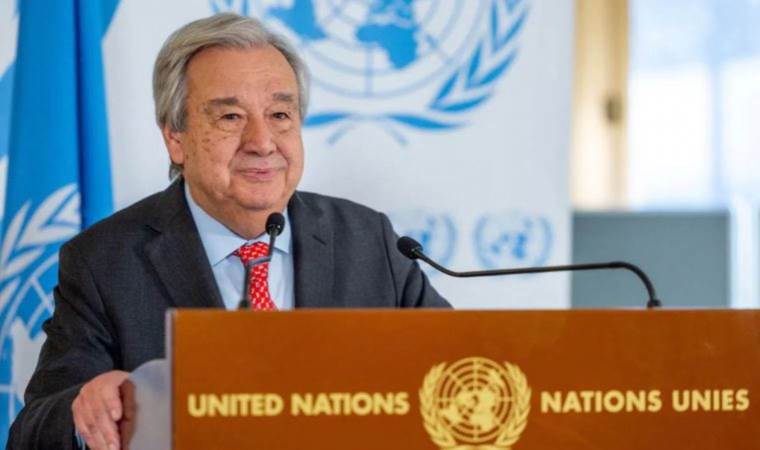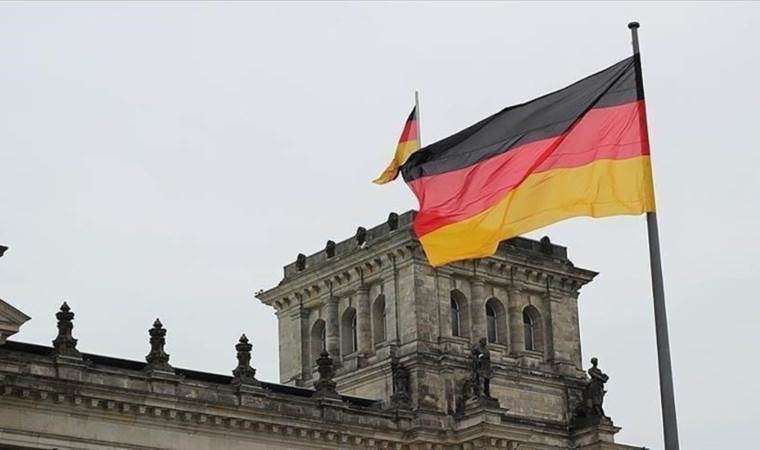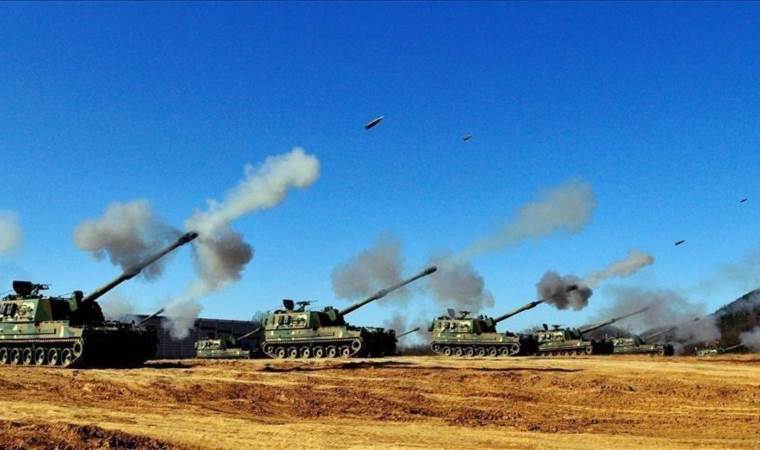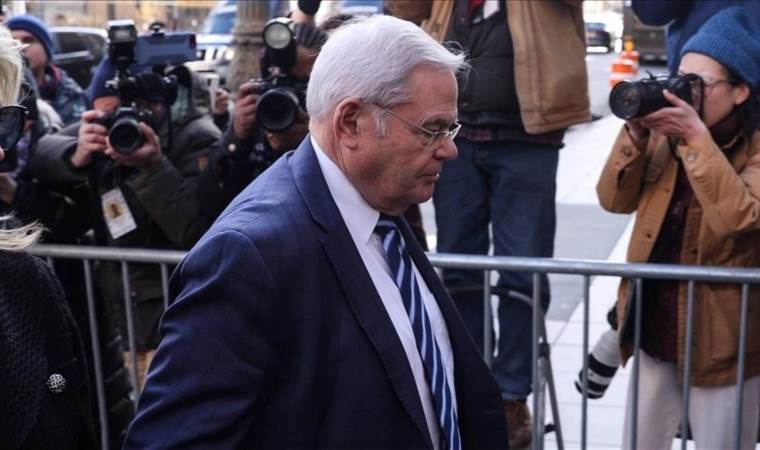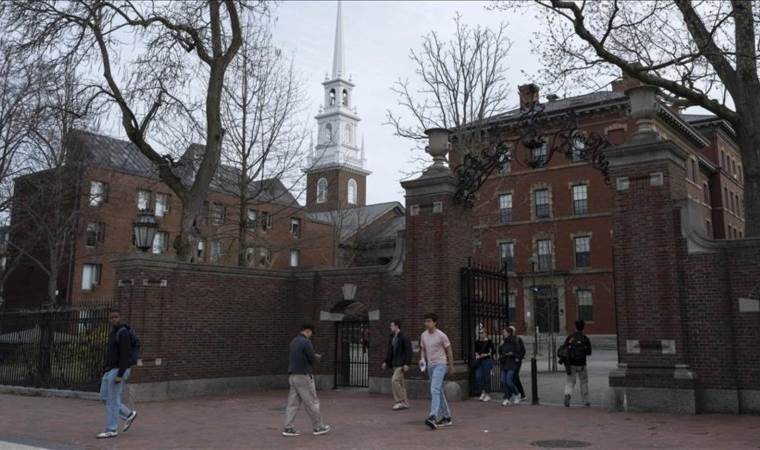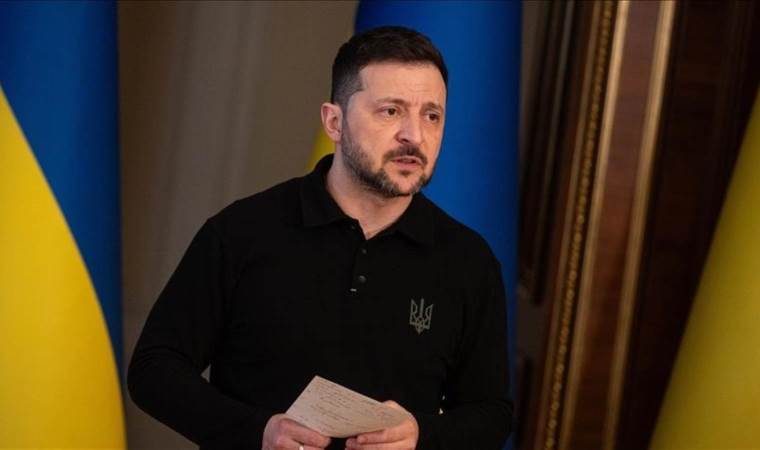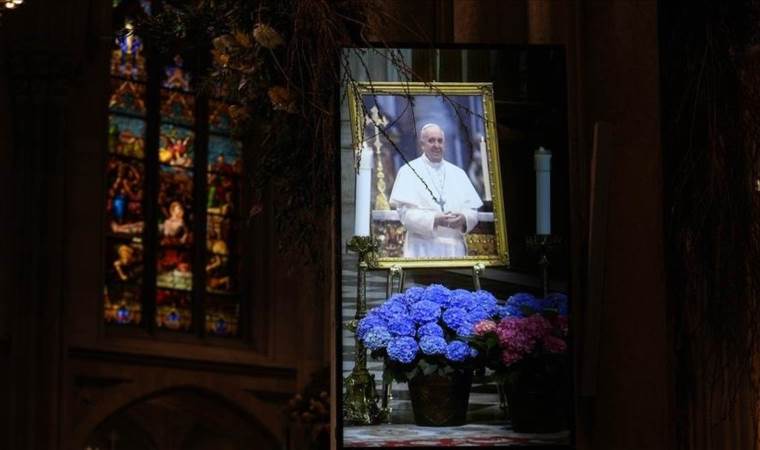Hamas vows to pursue ceasefire talks as Ramadan approaches: Negotiations continue without Israel
The Palestinian militant group Hamas has announced its intention to persist in negotiating a ceasefire with Israel in Gaza, despite the absence of Israeli negotiators in the latest Cairo discussions.
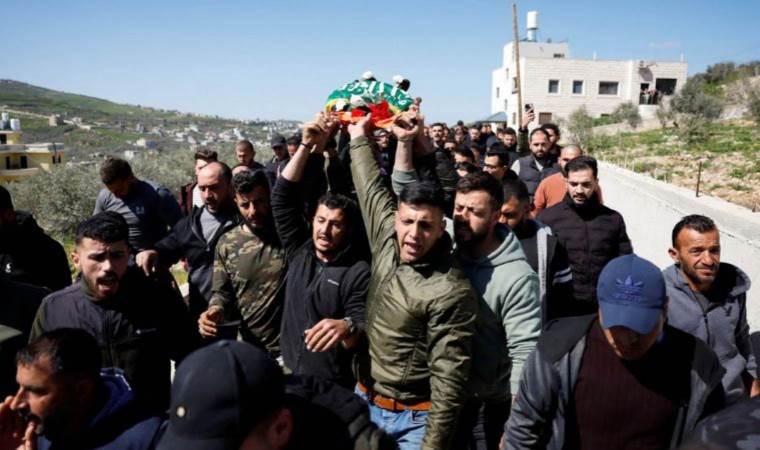
"We are demonstrating the necessary flexibility to reach a comprehensive cessation of aggression against our people, yet the occupying force continues to dodge the commitments of this agreement," stated Hamas on Wednesday.
Negotiations involving representatives from Hamas, Qatar, and Egypt, but not Israel, are underway in Cairo. Their aim is to establish a 40-day ceasefire before the onset of Ramadan, the Muslim fasting month starting next week.
U.S. President Joe Biden remarked on Tuesday that the decision to accept a ceasefire deal, which includes the release of Israeli hostages, rests with Hamas. Despite three days of talks, there has been no significant progress.
The proposed agreement to Hamas would entail releasing some hostages taken by Palestinian militants during the October 7 attacks on Israel, which ignited the conflict. It also plans to increase aid to Gaza to prevent famine and requires Hamas to disclose the full list of hostages in Gaza.
The United States has amended a U.N. Security Council draft resolution to support "an immediate ceasefire of approximately six weeks in Gaza and the release of all hostages," reflecting recent blunt comments by Vice President Kamala Harris on Israel's role in the Gaza humanitarian crisis.
At a meeting on Tuesday, U.S. National Security Adviser Jake Sullivan and Qatari Prime Minister Sheikh Mohammed bin Abdulrahman Al Thani emphasized that releasing sick, wounded, elderly, and female hostages would lead to an immediate ceasefire. "This initial ceasefire phase would allow for a surge in humanitarian aid to Gaza's people and create an opportunity for more permanent arrangements and sustained peace," the White House stated.
In Beirut, Hamas official Osama Hamdan reiterated the group's primary demands: cessation of the Israeli military offensive, withdrawal of Israeli forces, and the return of all displaced Gazans. He specified that prisoner exchanges could only occur post-ceasefire. Israel, on the other hand, seeks a temporary halt in hostilities to facilitate hostage and aid movement, insisting on a full resolution only with Hamas's defeat.
The responsibility for progressing talks now seemingly rests with Hamas, with Washington and Israel urging cooperation towards a ceasefire, especially with Ramadan approaching, a period historically marked by heightened Palestinian-Israeli tensions.
Senior Hamas official Bassem Naim disclosed that Hamas had submitted its own ceasefire proposal and is awaiting Israel's response, accusing Israeli Prime Minister Benjamin Netanyahu of reluctance towards reaching an agreement.
Sources suggest Israel's absence from talks is due to Hamas's failure to provide a list of living hostages, complicating negotiations. Amidst escalating humanitarian concerns in Gaza, where Israeli attacks have resulted in over 30,000 Palestinian deaths since October, the U.S. has pushed for increased aid. The dire situation has led to famine threats, with the U.S. military dropping 36,000 meals into northern Gaza in a bid to mitigate starvation, though aid agencies argue this is insufficient given the scale of need.
Most Read News
-
 China integrates AI into undergraduate studies
China integrates AI into undergraduate studies
-
 South Korea, US to hold trade talks this week
South Korea, US to hold trade talks this week
-
 Germany cuts economic growth forecast to stagnation for
Germany cuts economic growth forecast to stagnation for
-
 6.3 magnitude earthquake strikes off Indonesia’s Talaud
6.3 magnitude earthquake strikes off Indonesia’s Talaud
-
 Kremlin says Putin open to talks on civilian strikes mor
Kremlin says Putin open to talks on civilian strikes mor
-
 South Korean military holds live-fire drills near inter-
South Korean military holds live-fire drills near inter-
-
 Wife of former US Senator Menendez found guilty in bribe
Wife of former US Senator Menendez found guilty in bribe
-
 Harvard University sues Trump administration over fundin
Harvard University sues Trump administration over fundin
-
 Zelenskyy demands Russian clarity over strikes on civili
Zelenskyy demands Russian clarity over strikes on civili
-
 Pope Francis' funeral to take place on April 26, Vatican
Pope Francis' funeral to take place on April 26, Vatican
